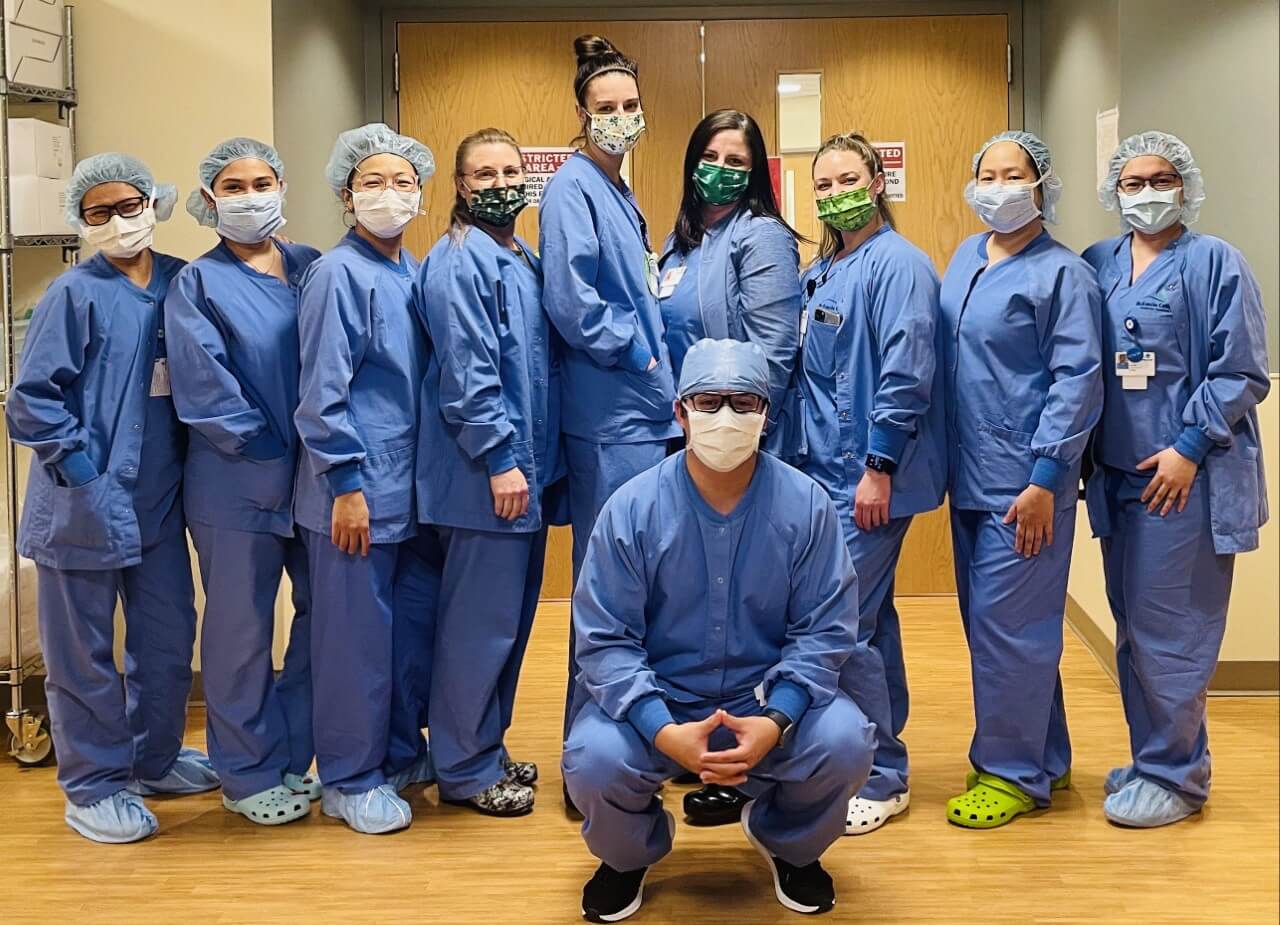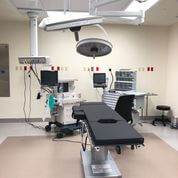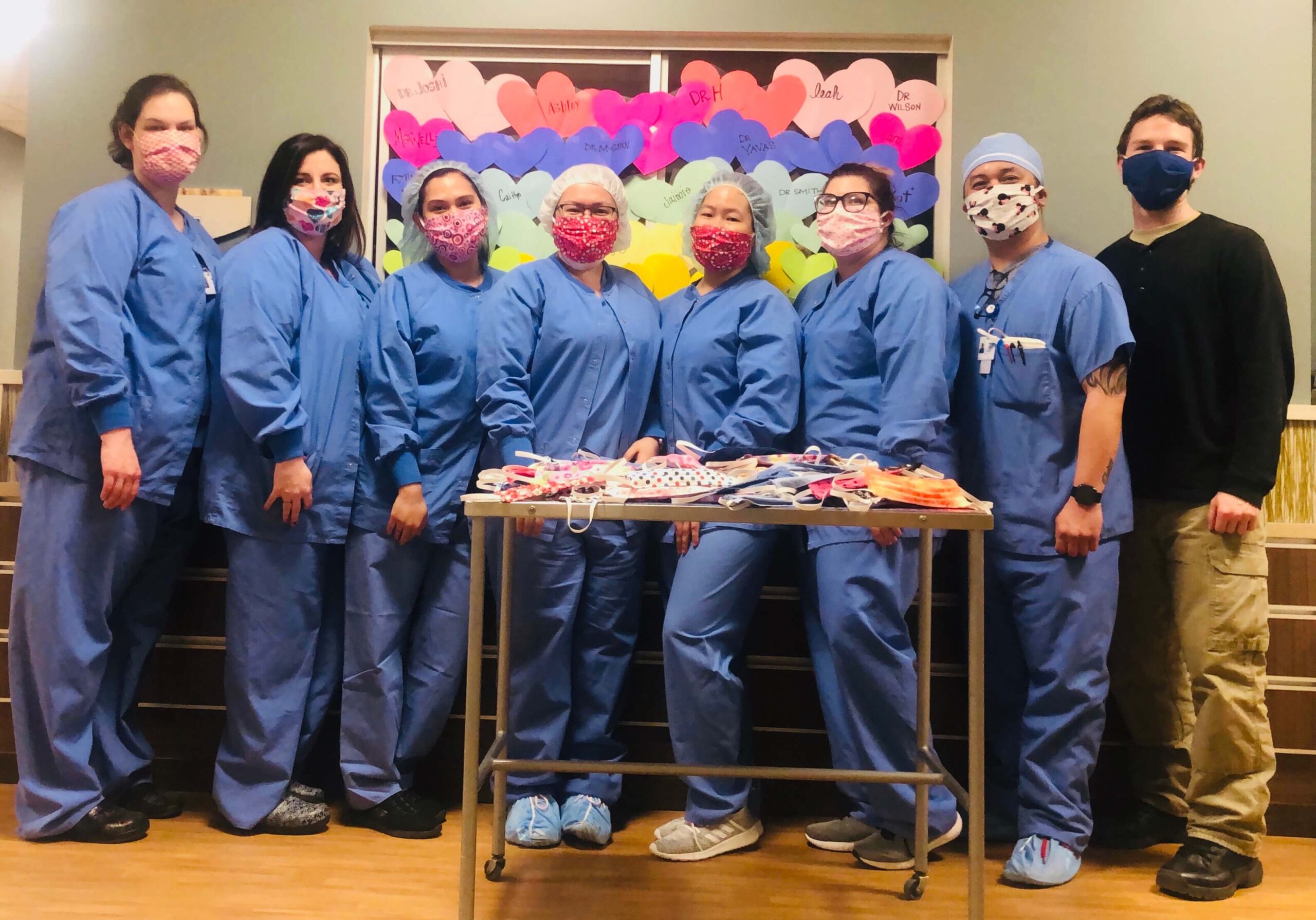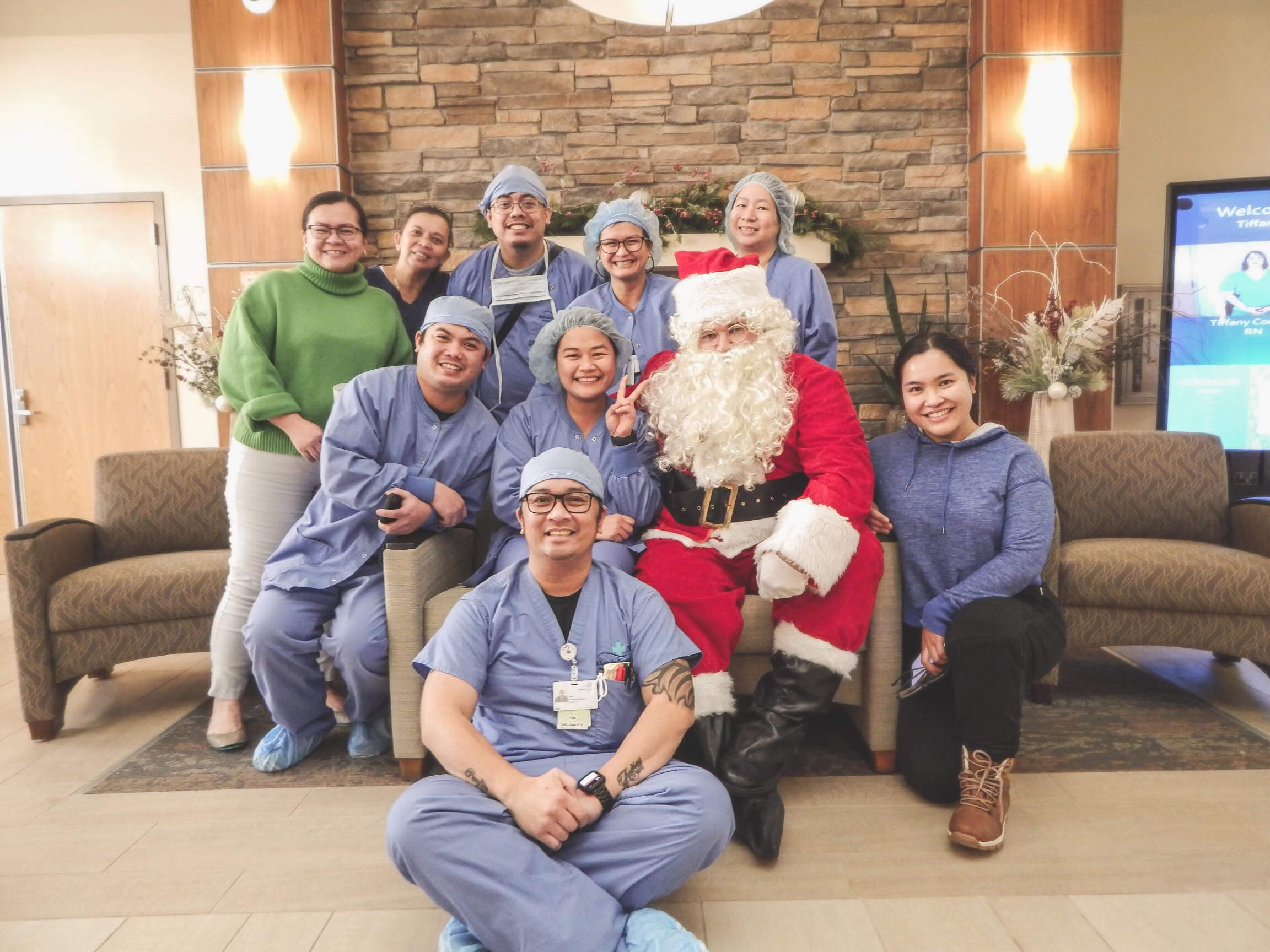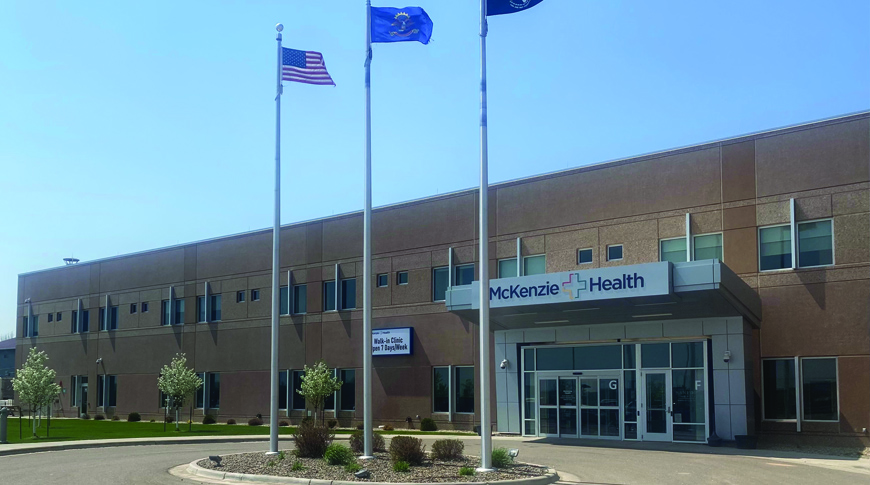General Surgery at McKenzie Health

Doctors & Care Providers:
Dr. Steven VanWylen, MD, THORACIC AND GENERAL SURGEON
Dr. VanWylen’s career in the operating room spans more than three decades. His expertise in esophageal surgery makes him a unique and special resource for everyone in the region.
Dr. Luke Cutherell, MD, GENERAL SURGEON
Dr. Cutherell’s decades of medical experience, both in and out of the operating room, make him a patient favorite. He is a highly regarded surgeon and a great addition to the McKenzie Health team.
Dr. Jerel J. Brandt, MD, GENERAL SURGEON
Dr. Brandt, a proud native of Minot, ND, brings compassion and expertise to his practice. He specializes in minimally invasive surgical techniques and has extensive experience with the da Vinci robotic system.
We Can Help With
- Emergency Surgery Needs
- Digestive Tract
- GERD and Reflux Testing
- Esophageal Surgery
- Hernias
- EGD
- Biopsy
- Colonoscopies
- Appendix
- Bowel Blockages
- Hemorrhoids
- Hernia Repair
- Gallbladders
- Foreign Body Removal
- Endoscopies
- Tumors
- Lumps & Bumps
- Initial Trauma Management
Common Questions about General Surgery
Why should I get a screening colonoscopy?
During a screening colonoscopy, the physician looks for any abnormality, but especially polyps and cancer. If you have a polyp, it can be removed preventing that polyp from becoming cancer. If you have cancer, treatment results are improved with early detection.
Why do surgeons use mesh during a hernia repair?
A hernia is a weakness in your muscles allowing internal organs to bulge through the weakness. Since the tissues are weak, if they are just put back together there is a risk of another hernia developing. Mesh reinforces your own tissues to give a more durable repair. Using mesh also allows you to return to normal activities sooner.
Are there risks associated with using mesh to repair a hernia?
There is a small risk of the mesh becoming infected. If this happens, the mesh often needs to be removed. While mesh reduces the risk of a recurrent hernia, recurrences can still happen, especially with large hernias. Very rarely mesh can cause pain or irritate other nearby organs. While these are risks, the benefit of earlier return to normal activities and a more durable repair usually justifies the use of mesh.
What is life after gallbladder surgery like?
Most people do very well after gallbladder surgery. You should still eat a healthy diet, but typically there are no dietary restrictions. Some people experience looser bowel movements in the first weeks after removal of their gallbladder, but this usually resolves without medication. Most people can return to normal activities within two weeks of gallbladder surgery.
I have heartburn that doesn’t respond to medications. What can I do?
There are several possibilities here.
-
- Perhaps you don’t have gastroesophageal reflux (GERD) and testing might show a different diagnosis such as gallbladder problems or a stomach ulcer.
- You might have GERD that needs more aggressive treatment, possibly surgery.
- Use this free GERD and Acid Reflux Testing information download.
What tests might be used to evaluate for GERD?
The most common test is an endoscopy. During an endoscopy you will be sedated, and a flexible scope passed through your mouth into your esophagus and stomach. The physician will look for signs of GERD like inflammation in your esophagus or a hiatal hernia. You will also be checked for other problems such as a stomach ulcer. Sometimes your physician will also place a wireless probe in your esophagus that will monitor for reflux of stomach acids into the esophagus.
What will my surgeon do to minimize pain after surgery?
Surgeons use a combination of medications to manage pain after surgery.
- Sometimes local anesthesia will be injected into the surgical site. There are long-acting local anesthetics that can give relief for up to 2 days.
- There are a variety of pain medications you can take.
- Tylenol
- Ibuprofen
- Narcotics – this is used only when other treatments are not sufficient.
You should take to your surgeon before and after surgery to have a plan to manage our pain.
General Surgery Resources
ASK A NURSE
Call anytime, day or night for immediate non-emergency assistance
1-844-811-7358
General Surgery is Available at the following locationS:
Specialty Clinic: Watford City, ND
709 4th Ave NE
Watford City, ND 58854
(701) 444-8725
Entrance: Use door under the canopy marked Rural Health Clinic.
Parking: In marked McKenzie Health lots directly across from the entrance.
MCKENZIE COUNTY HOSPITAL
709 4th Ave NE
Watford City, ND 58854
(701) 842-3000
Fax: (701) 842-6248
Entrance: Use door under the canopy marked EMERGENCY.
Parking: In marked MCHS lots directly across from the entrance.


